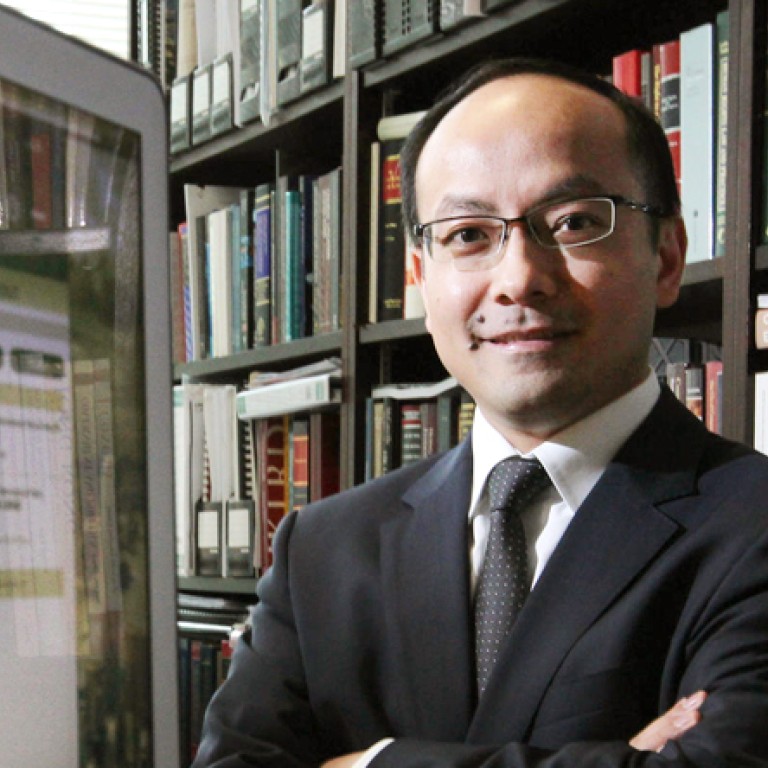
Top Basic Law Committee members to visit, share views
Committee chairman Li Fei and vice-chairman Zhang Rongshun would "exchange views with senior officials, department heads and members of the community on issues relating to the Basic Law and the political structure" of the city, a government spokesman said.
Two top members of the Basic Law Committee will visit tomorrow upon the invitation of Chief Secretary Carrie Lam Cheng Yuet-ngor.
Committee chairman Li Fei and vice-chairman Zhang Rongshun would "exchange views with senior officials, department heads and members of the community on issues relating to the Basic Law and the political structure" of the city, a government spokesman said yesterday.
The pair will also meet the Bar Association and Law Society before leaving on Saturday.
Their trip comes as an election law academic suggests that the committee, which functions under the National People's Congress Standing Committee, will be a "good starting point" for Beijing's representatives to take part openly in the city's upcoming public consultation on reforms for the next chief executive and legislative polls.
This was because half its 12 members, being Hongkongers, were better known to locals, said the University of Hong Kong's Professor Simon Young Ngai-man. He advised against the type of private sessions Beijing's liaison office held with certain pan-democrats in 2010, before lawmakers voted on constitutional reform proposals.
"[There] might be a process that should involve mainland officials directly, rather than the sort of back-door meetings."
In 2010, the office's meetings with selected groups, including the Democratic Party, prompted suggestions in some quarters that Beijing was interfering blatantly in decision-making. The Legislative Council passed the government's reform package.
Chief Executive Leung Chun-ying has pledged to begin official consultation on electoral reform this year. The 2017 chief executive poll is to be the city's first to adopt universal suffrage, and the 2020 Legco poll is expected to follow.
Young criticised the central government's officials and advisers for failing to keep an open mind in responding to ideas for reform. Beijing could "have a representative who is here and listening to views with an open mind", he said.
"We're here to talk about reforms, right? It has to be a genuine and open discussion, to talk about all the different possibilities … a participatory process."
Young said that for Beijing to be able to engage in the local discussions, it must treat on an equal footing another key group of stakeholders - Hongkongers.
Democratic Party chairwoman Emily Lau Wai-hing said Young's idea of engaging mainland officials publicly could be problematic.
"The organisers who invite these mainland officials … very often put them as central figures," she said. "And when the officials speak, Hongkongers regard their words as a royal edict. Given such a social culture, it is hard to treat them merely as equal [stakeholders]."

